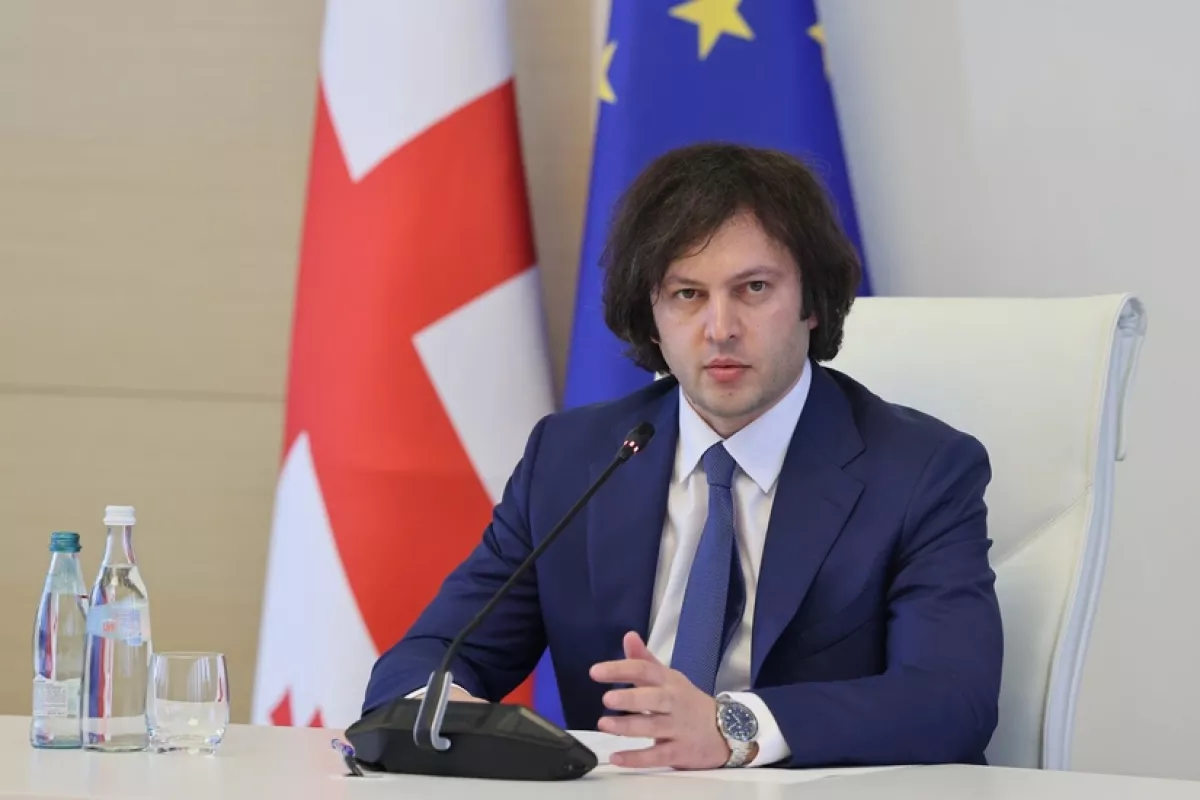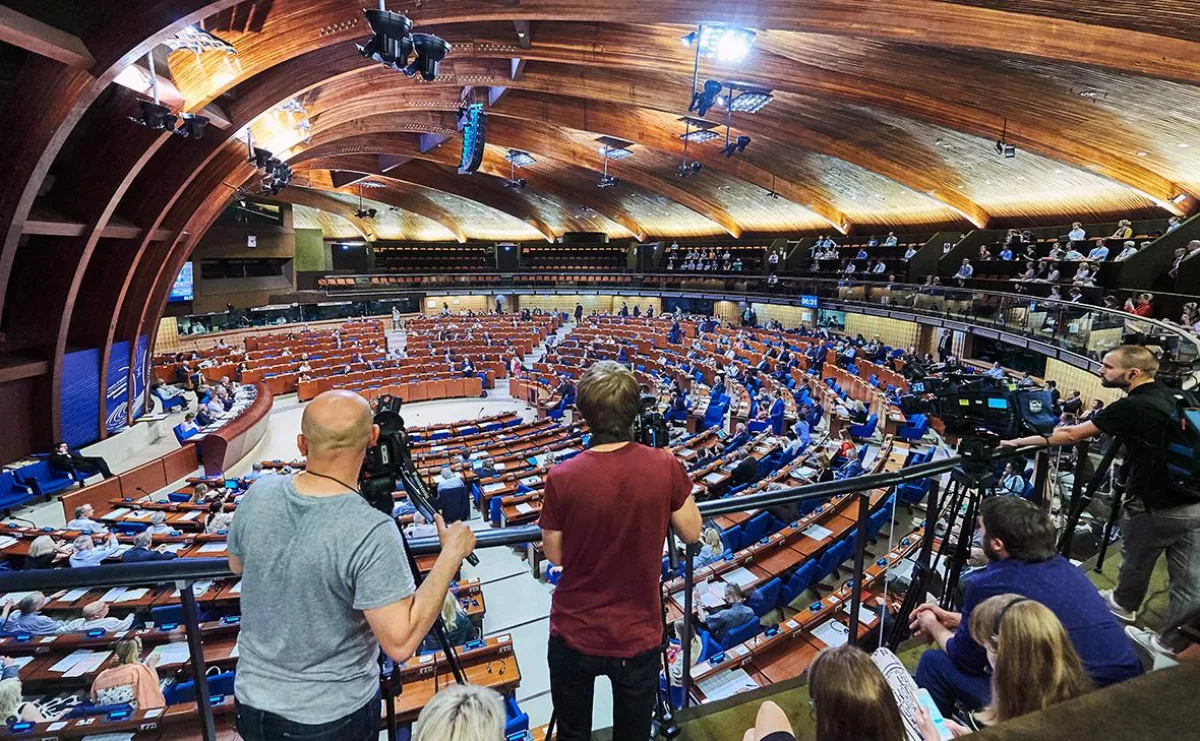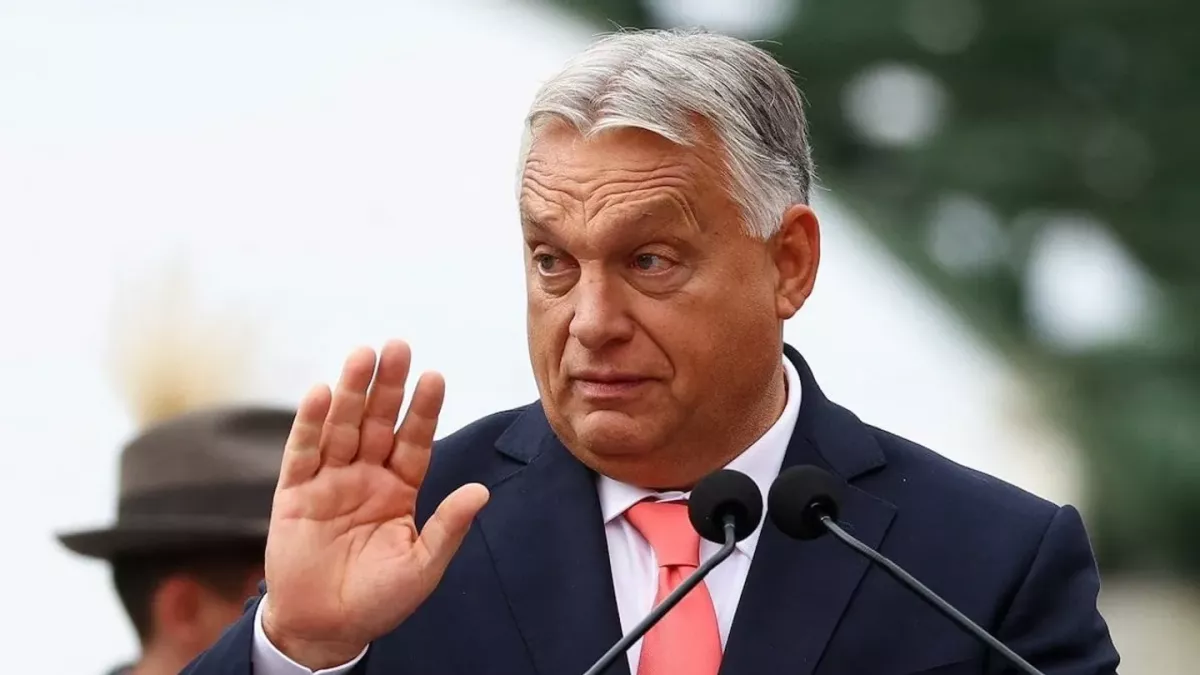PACE shakes up Georgia Democracy debate or destabilisation?
A paradoxical situation is unfolding in relations between Europe and Georgia. The EU’s economy now critically depends on the accelerated development of the Middle Corridor passing through Georgia. This need became particularly evident in September 2025, when the temporary closure of the Poland-Belarus border halted the majority of overland transit from China to Europe.
It is no coincidence that on October 2, 2025, during the 7th European Political Community (EPC) Summit in Copenhagen, Georgian Prime Minister Irakli Kobakhidze emphasised the importance of developing the Middle Corridor and Georgia’s role within it.

“Georgia’s goal is to further develop the Middle Corridor by improving its efficiency, thereby strengthening its role as a reliable and competitive East-West transport route. Our strategic location allows us to serve as a vital transit gateway. Through ports, railways, and highways, Georgia ensures the rapid movement of cargo and enhances the competitiveness of the corridor, reinforcing our role in global supply chains,” Kobakhidze stated during the EPC summit panel discussion on “Economic Security – Reducing European Dependencies.”
On the eve of the summit, in an opinion piece for Euronews, Prime Minister Irakli Kobakhidze also emphasised that in an era when Europe seeks strategic autonomy, energy diversification, and stronger interconnectivity, Georgia is a central, not peripheral, player on a key transcontinental transit route:
“Georgia stands at the heart of the Middle Corridor — the shortest and most stable route linking European and Asian markets,” he said.
Kobakhidze added that Georgia is making substantial investments to fulfil this role:
“The Anaklia deep-sea port will be the most modern on the Black Sea. We are expanding and modernising transport, logistics, and digital infrastructure while unlocking our full potential as a green energy exporter.”
However, for the Middle Corridor to function successfully through Georgia, the country requires political stability and freedom from the risk of being drawn into a major war. Yet left-liberal European politicians continue to push for a “Maidan-style” regime change in Georgia and seek to involve it in conflict with Russia. To this end, the pro-Western Georgian opposition receives active support in carrying out disruptive actions.
On the same day, October 2, 2025, during the EPC summit in Copenhagen, the Parliamentary Assembly of the Council of Europe (PACE) adopted a resolution on Georgia. The document effectively supports the radical pro-Western opposition and its plans for another “revolution.”
The draft resolution, titled “Uphold democracy and the rule of law in Georgia,” was presented by PACE co-rapporteurs for monitoring — Edith Estrella (Federation of Socialists, Democrats, and Greens) and Sabina Čudić (Alliance of Liberals and Democrats). The resolution was approved by 68 of 77 delegates, with seven voting against and two abstaining. The text expresses that PACE “deeply regrets” that the Georgian authorities systematically ignore its concerns and recommendations regarding an alleged democratic crisis.

“The rapid democratic backsliding has continued to such an extent that the very existence of democracy in Georgia is now being questioned.
The Assembly deplores the increasingly isolationist policies and antagonistic relations of the Georgian authorities with European organisations and their member States. It also deplores the unfounded attacks and baseless, damaging accusations against members of the international community in Georgia, which have multiplied in recent months,” the resolution states.
PACE paid particular attention to local elections: “Regarding the upcoming local elections [taking place today, October 4 - ed.] in Georgia, the Assembly deplores the fact that its call for an immediate, inclusive process to establish an electoral environment conducive to new, genuinely democratic elections was not implemented, as is evident from the decision by the majority of opposition parties not to participate in the upcoming local elections. The Assembly regrets that these elections will not be observed by civil society Doc. 16271 (Draft Resolution) organisations with a well-respected track record in election observation, due to the crackdown on civil society. In this respect, it deeply regrets that the Georgian authorities did not invite the Congress of Local and Regional Authorities of the Council of Europe to observe the upcoming elections. The Assembly also regrets that the invitation to the Office for Democratic Institutions and Human Rights of the Organization for Security and Cooperation in Europe (OSCE/ODIHR) to observe these elections was issued purposefully so late as to render their observation impossible,” the document notes.

The resolution also condemns the detention of Mzia Amaghlobeli and several opposition leaders, considered “victims of politically motivated persecution.” The Assembly calls for the immediate cessation of abuses of legal procedures “to suppress opposition and dissent” and the release of all individuals detained on such grounds.
PACE expressed concern over the Georgian authorities’ actions regarding NGOs and the law on the “registration of foreign agents.” It also referenced the “Law on Transparency of Foreign Influence,” which the Assembly believes “does not meet European standards.” In addition, the resolution criticises the “Law on Grants” adopted on April 16, 2025, calling these laws “devastating for civil society in Georgia, whose survival is currently at risk.”
The Assembly condemned the freezing of accounts of seven NGOs, describing it as a “grave and unjustified damage to civil society.” It also criticised Kobakhidze’s statement of intent to petition the Constitutional Court to declare parties within the “collective National Movement” unconstitutional, warning that such a move would effectively establish a one-party dictatorship incompatible with Georgia’s membership in the Council of Europe.
“The Assembly urges the Georgian authorities to immediately reverse the breakdown of democracy in the country. It reiterates its readiness to engage in open and constructive dialogue with the authorities and all political and social forces in Georgia, with the aim of reversing the democratic backsliding and ensuring that the country honours its membership obligations and accession commitments to the Council of Europe [...] As a sign of its readiness for dialogue, the Assembly supports the rapporteurs for Georgia of the Committee on the Honouring of Obligations and Commitments by Member States of the Council of Europe (Monitoring Committee) to visiting the country at their earliest convenience,” the resolution states.
Clearly targeting the current government, the PACE resolution was adopted on the eve of local elections taking place today, October 4. On the same day, the pro-Western opposition “announced” its attempt at a so-called “peaceful revolution” to overthrow the authorities.
It is evident that implementing such a “revolutionary” scenario in Georgia could open a “second front” in the Russia–Ukraine war, effectively disrupting transit routes and jeopardising the EU’s economic interests and energy security. In effect, PACE appears to be deliberately pushing Georgia toward instability, which would impact both the Middle Corridor and Europe itself.
There is little doubt that the opposition will use the PACE resolution in the coming days as a symbol of “European support” for its “revolution,” aiming to mobilise as many supporters as possible onto the streets.
Despite PACE’s “outrage,” the Georgian government maintains control of the situation and prevents unlawful opposition actions at an early stage. Moreover, the government’s work in the economic sphere enjoys broad international support. Constructive actors remain interested in Georgia’s stable development as a key component of the Middle Corridor, including from within Europe.

It is no coincidence that in Copenhagen, following his meeting with Prime Minister Irakli Kobakhidze, Hungarian Prime Minister Viktor Orbán called Georgia “the most successful country in Europe.”
“I don’t know of any other country that is so successful. The economy is developing very quickly. We are impressed and learning how you are achieving such success. Europe needs successful countries. Unfortunately, many of our economies are stagnating. We need countries like Georgia to join,” Orbán said.
Regarding the criticisms from European bureaucracies toward Georgia, he added: “Brussels is definitely not the heart of fairness.” By this, Orbán made it clear that the attacks on the Georgian government, including by PACE, do not reflect the interests of all of Europe, and that there are countries supporting the current government’s course.
By Vladimir Tskhvediani, Georgia, exclusively for Caliber.Az








